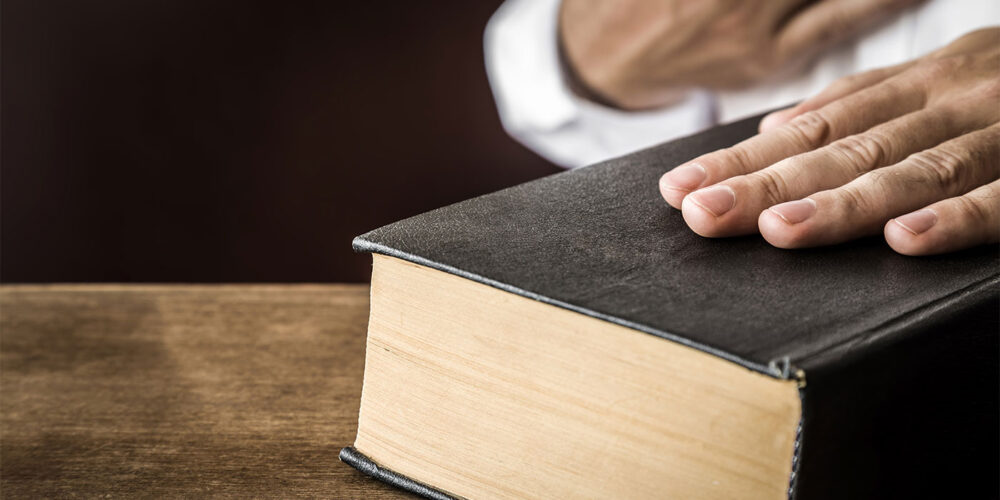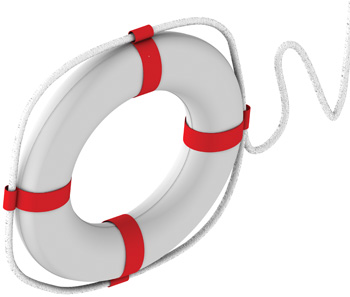 “Come gather ’round people
“Come gather ’round people
Wherever you roam
And admit that the waters
Around you have grown
And accept it that soon
You’ll be drenched to the bone
If your time to you
Is worth savin’
Then you better start swimmin’
Or you’ll sink like a stone
For the times they are a-changin.’”
— Bob Dylan, The Times They Are A-Changin’
Indeed, the times are changing. This should come as no big surprise. It was predicted and the impact was foretold in the 1980s. Now we’re living it.
Consolidation (read more about this here) isn’t happening everywhere… yet. If you live in a medium to large market, you’re probably either a consolidator/MSO yourself or a rugged individual still fighting the good fight. Or you don’t have a clue and probably aren’t reading this anyway.
As independents, you’re probably seeing the big players taking bigger and bigger slices of the market share pie. Realizing that pointing fingers and doing things the same old way just doesn’t cut it anymore, some shops are banding together in networks, finding strength in numbers.
The Former Norm
Mom-and-pop shops used to be the norm. Local hardware stores in a community lived in denial when the threat of the big box stores loomed over them. They felt that no big, impersonal corporate store would match their level of service or connect with the customer the way they did. They were wrong, and nearly all of these small businesses are now toast. The same has been happening in our industry.
Insurers, for their own economic reasons, have demonstrated that doing business with multiple-shop operators (MSOs) is their preference. They prefer the single point of contact MSOs provide, consistency of claims handling, brand recognition, administrative paperwork handling and, importantly, the ability to measure key performance indicators in an effective, efficient manner.
Banding Together
So what does that leave for the 91 percent of single-location shops in our industry? Acknowledging they’ll have to do something different just to try to maintain their present position, let alone grow.
Carving out a specialty niche, like fleets, RVs, bedliners, window tinting, PDR, etc., is what many have done for more revenue. Many have strong reputations in their markets, repeat customers and great word-of-mouth.
Others are banding together with other like-minded shops and creating networks that have many of the advantages consolidators enjoy while still maintaining their independence.
The Network Theory
Independent shop owners wear many hats: CEO, CFO, VP of marketing, VP of sales, etc. That’s a lot of pressure. Do they have all those skills or have they sought training to assist them? In the book “The E-Myth Revisited,” Michael Gerber points out that small business owners gravitate toward what they know best, spending time in those areas which often isn’t where the business actually needs them to be concentrating their efforts.
Networks, structured properly with the necessary programs and tools, can provide all of this so the shop owner doesn’t have to do it all themselves. Networks are also creating relationships with insurers that bring cars to the door to fix – cars that shops would not likely have gotten otherwise.
There are a number of efforts going on around the country. We’ll focus on these three:
1Collision Network (www.1collision.net) – Based out of Milwaukee, 1Collision is targeting the Midwest, currently with 10 locations in Wisconsin and Illinois, 10 more soon to join, and plans to reach 200 shops in the next couple years in Minnesota, Iowa, Indiana, Michigan and Ohio.
Fix Auto USA (www.fixauto.com) – Founded in 1997 and based in Anaheim Hills, Calif., Fix is a network of nearly 200 shops, including 48 branded locations in Southern California, the Pacific Northwest and Mountain states.
BODYPROS Collision Repair (www.bodypros-usa.com) – BODYPROS is a four-shop network in the Des Moines, Iowa, area. Its goal is to reach out to a 50-mile radius of Des Moines and double its volume in the next five years.
1Collision
For Jim Keller, president of 1Collision Network, brand is first and foremost in the mind of the consumer and insurer. His network offers an easy brand to affiliate with: a large, red numeral 1 attached to the shop name. Example, if the name is Joe’s Collision, it becomes Joe’s Collision 1.
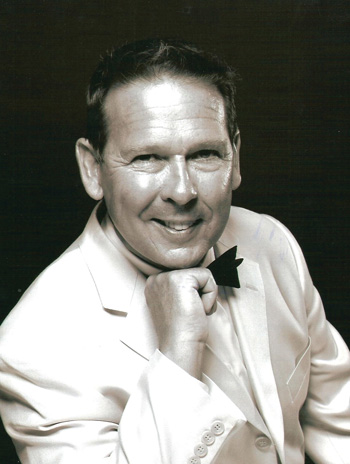
“The power of the brand is to promote the group as a whole, combining resources to promote ourselves,” says Keller. “We get lots of mileage out of dollars invested, facilitating group advertising and marketing.”
1Collision works with new partners to develop full marketing plans up front. “We actually execute the marketing plan on behalf of the shop,” says Keller. There are two basic components: connecting with insurers and connecting with consumers. “A typical shop would have to hire someone. That’s a special skill set and costly. We have industry professionals who are experienced in doing these calls.”
Ongoing marketing efforts are conducted through special software that provides status updates via text or email. Every three months, an email goes out to keep in touch, and a phone app is also available. This is all done automatically through an application on the shop’s computer tied to its management system. In addition, the network will have the ability to track CSI electronically through its software system integrated into its dashboard. Consumers participate via email or text approximately two days after delivery. Optima Automotive handles all its Web presence management.
KPIs are measured and managed with every repaired vehicle. SOPs are implemented for consistency, paperwork, the customer service process and claims handling.
“Our insurance marketing piece will demonstrate our network shops are compliant to SOPs,” says Keller. “Our brand means something. This includes meeting CIC’s Class A Standards.
“Working with insurers is part of our growth strategy. We’ll be meeting with insurers regionally first, then nationally later. As we grow through the region, we’ll show our KPIs to insurers, confident that our performance will earn us some of their business.
“We have a recruiter on board to reach out [to shops], one on one. We’re looking for shops with good insurance relationships, and we’ll reach out to them or them to us. We’ll grow our network with good performers, one at a time.”
Keller recently hosted 1Collision’s first seminar titled, “Competing in 2013 and Beyond.” They brought in a veritable “who’s who” from the collision repair industry to cover topics ranging from marketing to Web presence to compliance.
“We wanted to help independents see our vision of how to compete with MSOs, how consolidators do what they do and what a group of commonly branded shops can do to compete,” says Keller.
Fix Auto
“Through a network, shops gain access to resources they otherwise could never afford,” says Fix Auto CEO Erick Bickett. “We leverage the combined energy, capital and resources of disparate, highly fragmented pieces into a common delivery that will create more than the sum of its parts.
“A small location, by itself, cannot compete with the consolidator model. They don’t have the scale necessary to have enough influence with suppliers and customers. Communicating with consumers, branding and advertising are still rarely used by independents. Advertising will be a requirement in the future to drive utilization of insurance company-sponsored programs to the levels that keep costs down and value up.”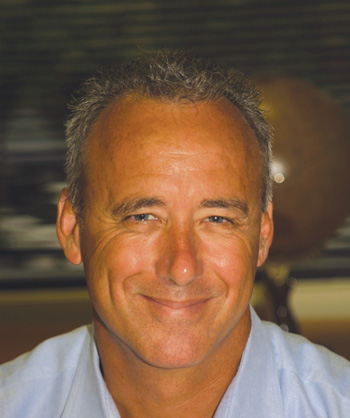
KPI’s are one of Fix’s specialties, says Bickett. “We measure almost every element of the claims experience. We find that, without measurement, you have to focus on activity – not good for creating improvement. If you want to create improvement, you measure outcomes first. This, in itself, will cause improvement for those who know they’re being measured. The second phase is comparing peer-to-peer, and then performance improves. The final phase is implementing incentives to the measurements…which results in more improvement.”
Bickett believes competing with consolidators requires enhanced insurance relationships.
“There are many examples of business-to-business relationships that drive value,” he says. “Service and quality are table stakes. Many independent repairers would argue this, saying that they alone are the quality leaders in their market. But remember – quality is in the eye of the beholder. Quite frankly, you can overbuild quality. Insurance acceptance comes from delivering on their business needs and requirements. Insurance companies want predictable outcomes and consistent delivery of quality, service and price. The business models that deliver this will win.”
Bickett says many activities that are part of the claims and repair process aren’t well-suited for the typical collision repair shop. Example: new assignment management. The majority of claim assignments come in at the beginning of the week from Saturday and Sunday. Those assignments flood into shops Monday and Tuesday. For some repairers, those assignments are not managed in a timely manner. Customers don’t receive a call from the shop until Wednesday and have often made an alternative choice. The independent shop loses that opportunity.
Fix moves assignments into a central environment where staffers handle the calls. The assignments are called within 30 minutes of receiving them. Fix has a 50-seat call center with more than 10 services being performed for Fix shops.
“Having a pulse on customer experience, how they feel about the service they receive and whether or not your process, procedure and policies are hitting the mark is critical to guiding your business strategy,” says Bickett about CSI. “Anybody who isn’t doing this is flying blind. Getting this feedback is difficult these days. Consumers are being surveyed to death. With a combination of text, email, telephone and focus groups, information can be gathered to give a huge advantage over competitors who have their heads buried in the sand.”
Fix focuses specifically on customer-facing best practices. Fix measures all facets of the process, taking the “best demonstrated practice,” standardizing it, then creating training for it so it can be implemented across the network of Fix shops. Fix sets the bar high, using a sophisticated methodology for filtering out shops that won’t fit their model; only 20 percent make the cut.
Crucial to Bickett is protecting the brand. “With our Fix-branded franchises, there is significant brand risk for inconsistencies or problems with quality. So standardization of these best practices is absolutely paramount.”
Fix’s insurance partners are encouraging them to open up additional markets. “We won’t enter a market we cannot serve,” concludes Bickett. “We don’t want to denigrate the quality, service and price levels Fix commits to.”
BODYPROS Collision Repair Network
BODYPROS is an example of what can be done in a smaller market. David McCreight of Collision Resources helps administrate BODYPROS. He says the four shops in their network
benefit by “pooling money together for marketing, increased branding, sharing information, best practices, group buying power and gaining market share. We consistently bring new, more profitable work to our members by providing a consistent repair product and customer experience. We’ve lowered the cost of new customer acquisition by pooling resources and by having a bigger footprint in our marketplace.”
“BODYPROS helps members make more profit, build stronger relationships, network, communicate regularly with trusted peers and work on issues together,” McCreight adds. “We help track CSI as well through the use of a mail card and online.”
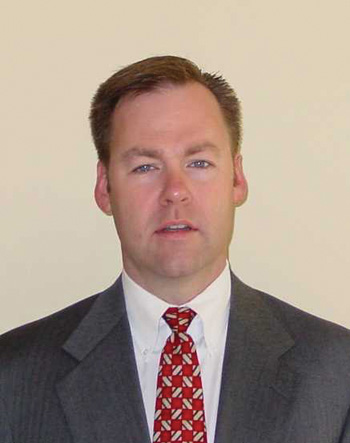
“We’ve kept it simple and our members are still completely independent,” McCreight says. “We provide CE classes, do education sessions, created standardized procedures and processes for sales and customer service for indexing. We have our own form of a call center. And, we’ve built good friendships in the process, too.”
A unique benefit of being with BODYPROS is helping ownership develop long-term exit strategies – something all small businesses should be considering.
Are Networks For You?
Given what you’ve seen from three different networks, you have a lot of information to decide whether a network is for you. Starting a new network is lots of work; someone needs to take the lead full time to put it together. Perhaps there are networks in your area.
Explore your options and consider if a network fits your business philosophy and can become a part of your business model going forward. Your shop’s future may depend on it if consolidation is getting strong in your market and you don’t have a specialty niche or a huge percentage of repeat or word-of-mouth customers. Just remember, Generation Y (people under 30 years of age) now represent more than 50 percent of the population. Word-of-mouth means much less to them unless it’s done through social media.
BSB Contributing Editor Mark Claypool has 30 years of experience in the fields of workforce development, business/education partnerships, apprenticeships and Web presence management. He is the CEO of Optima Automotive (www.optimaautomotive.com), which provides website design, development, search engine optimization (SEO) services and social media management services. He’s also the director of business development for Metro Paint Supplies in Chicago. Claypool’s work history includes VP of VeriFacts Automotive, founder of Mentors At Work (now a division of VeriFacts), executive director of the I-CAR Education Foundation and the National Auto Body Council (NABC), co-founder of the Collision Industry Foundation and national director of development for SkillsUSA. Claypool served, on a volunteer basis, as the SkillsUSA World Team Leader for the WorldSkills Championships.





